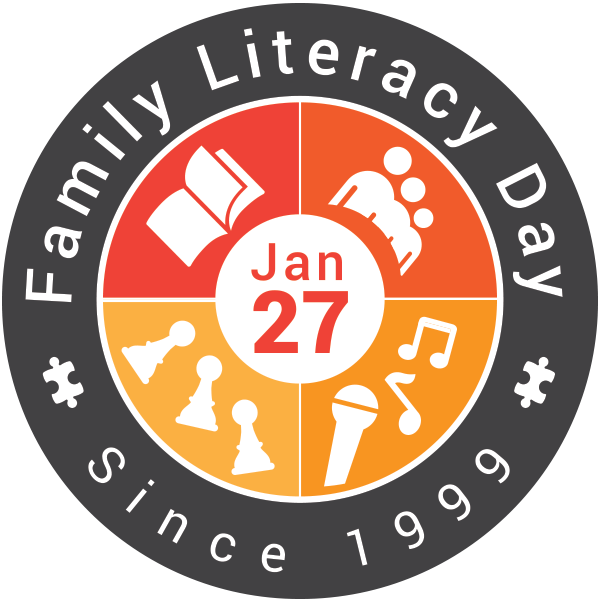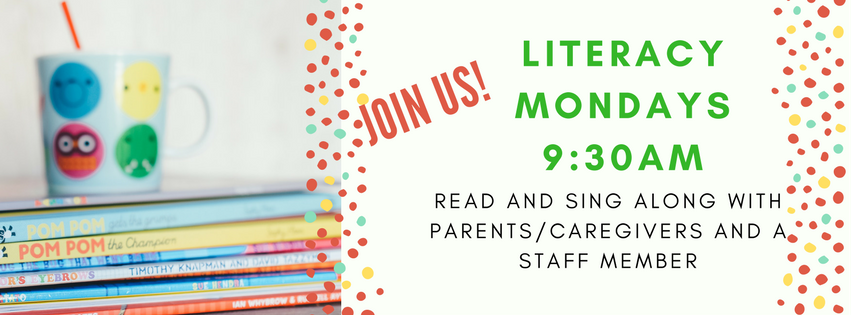Last week we emphasized the how important it is to build children up with the power of words. This week, we’d like to build on why words matter, and some tips for bringing positivity to the children in your life through words.

If you attended the March 9th and 13th Information Sessions at Creating Together, you would have received some great tip sheets: One-liners that build and destroy from FRP Canada; and 98 Ways to Say “Very Good” from the Canadian Child Care Federation.
Words that Build and Destroy
Born with a brain ready to learn, we all start out in this world with brain cells reaching out and making neural connections (synapses) with each new experience. When these synapses are stimulated over and over, these connections become ‘hardwired’. As such, there are very important and critical ways to paving a foundation of confidence, self-esteem, acceptance and friendship – especially through words.
If a child lives with encouragement, he learns confidence.
Taken from “Children Learn What They Live”, author unknown
If a child lives with praise, he learns to appreciate.
If a child lives with approval, he learns to like himself.
If a child lives with acceptance and friendship, he learns to find love in the world
We can we change a child’s life by frequently using words that build, while avoiding words that destroy. Here are a few examples:
- “I’m proud of you.” instead of “What is the matter with you?”
- “Way to go!” instead of “You did it wrong.”
- “I’m glad you’re my kid.” instead of “Why can’t you be like your brother?”
- “You make me smile.” instead of “Don’t act like a wild animal.”
- “I love you.” instead of “You drive me crazy!”
See the difference?
98 Ways to Say “Very Good”
Sometimes it can be hard to find a complement or an encouraging response – we may be frustrated, or find ourselves focusing on the negative. That’s why the Canadian Child Day Care Federation created a resource sheet for parents, listing nearly 100 ways to say “very good”. No matter the situation, you’ll be sure to find something helpful and affirming from the list, while also being very true and authentic to the situation at hand. For example:
- You’re on the right track now!
- You’re getting better every day.
- Way to go.
- You figured that out fast.
- I’m proud of the way you worked today.
- You’re learning fast!
- Good remembering!
For the full list, check out the Resource Sheet here: https://www.cccf-fcsge.ca/wp-content/uploads/RS_5-e.pdf
And remember – the staff at Creating Together are here to help. If there’s a particular behaviour or pattern that you’re struggling with, let us know. We can help you on-site, or point you in the right direction in terms of information and resources!
You’re not alone.




